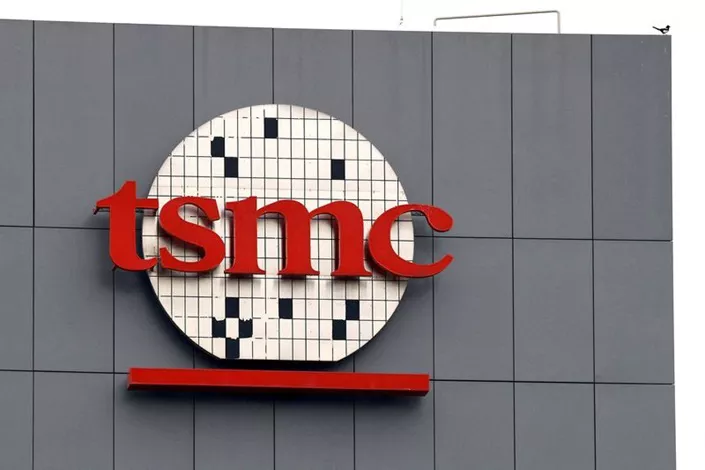Taiwan Semiconductor Manufacturing Co. (TSMC), the world’s largest contract chipmaker, could face a penalty exceeding $1 billion to settle a U.S. export control investigation. The probe concerns a chip that TSMC produced for a China-based company, Sophgo, which allegedly ended up in a Huawei AI processor, according to sources familiar with the matter.
The U.S. Department of Commerce is investigating whether TSMC violated export control regulations by making chips for Sophgo. These chips reportedly matched a design found in Huawei’s Ascend 910B artificial intelligence processor. The investigation focuses on whether TSMC’s actions indirectly supported Huawei, which is on a U.S. trade blacklist due to national security concerns. The blacklist prevents Huawei from receiving goods made with U.S. technology.
In recent years, TSMC produced nearly three million chips for Sophgo, and these chips are believed to have ended up in Huawei’s hands, according to Lennart Heim, a researcher at RAND’s Technology and Security Policy Center. Under U.S. export control regulations, TSMC could face a fine up to twice the value of any illegal transactions. The company’s Taiwan-based factories are subject to U.S. export controls due to the use of American technology in their chipmaking equipment.
TSMC’s involvement in this case is particularly significant as it pertains to the production of advanced AI chips. Heim argued that TSMC should not have made the chips for a Chinese company, considering the potential risk of them being diverted to a restricted entity like Huawei.
Following the news, TSMC’s U.S. shares erased a nearly 3% gain, trading slightly lower. The potential penalty comes at a sensitive time in U.S.-Taiwan relations. Recently, former President Trump imposed a 32% tariff on imports from Taiwan, excluding chips, but also hinted at possible future levies on semiconductors.
In March, TSMC announced plans for a $100 billion investment in the United States, including the construction of five new chip facilities. Despite the ongoing investigation, the company has pledged to comply with U.S. law. A TSMC spokesperson confirmed that the company had not supplied Huawei since mid-September 2020 and is cooperating with the Commerce Department.
While no official action has been taken against TSMC, the Commerce Department typically issues a “proposed charging letter” outlining violations and potential penalties. The company is given 30 days to respond.
U.S. officials, including Commerce Secretary Howard Lutnick, have indicated that the administration plans to increase enforcement of export controls, particularly in relation to China. In February, Jeffrey Kessler, Under Secretary of Commerce for Industry and Security, expressed concern about TSMC’s chips allegedly ending up with Huawei and emphasized the need for stronger enforcement.
In 2023, a significant $300 million fine was imposed on Seagate Technology Holdings for shipping over $1 billion worth of hard disk drives to Huawei. If TSMC faces a similar penalty, it would be one of the largest fines ever imposed for export control violations.
The investigation into TSMC began last fall, after a Canadian research firm, TechInsights, found a TSMC die inside a Huawei 910B AI accelerator. Following this discovery, TSMC suspended shipments to Sophgo. The U.S. Department of Commerce later ordered TSMC to stop shipping advanced chips to China, including those with AI capabilities.
Sophgo, which has denied any business relationship with Huawei, was added to the U.S. trade blacklist in January. Huawei’s Ascend 910B chip is considered one of the most advanced AI processors developed by a Chinese company, offering an alternative to industry leader Nvidia.
Related Topics:


